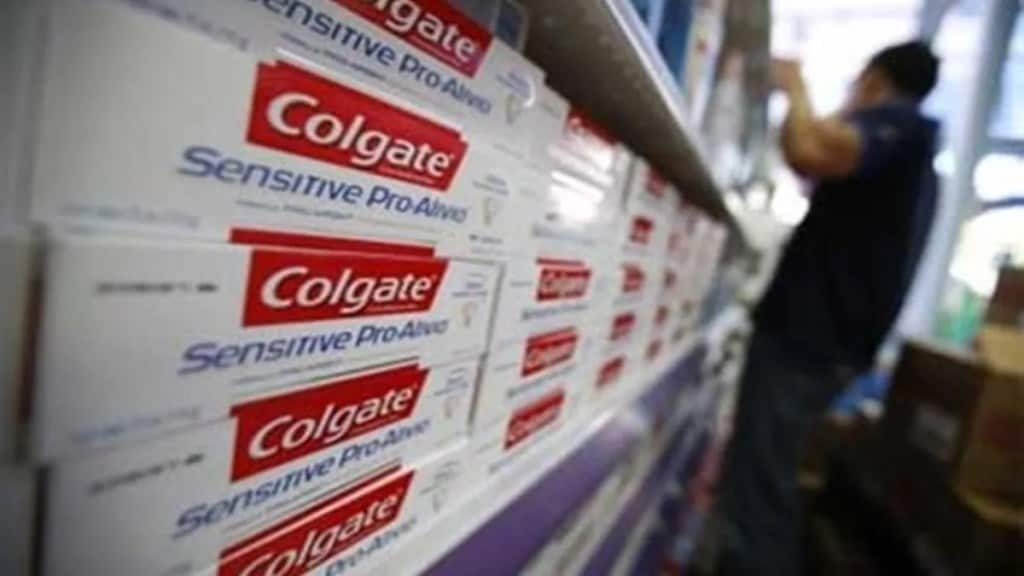Colgate India‘s new managing director and CEO, Prabha Narasimhan, highlighted the company’s growth strategy recently, but analysts believe that execution is going to be the key. They say the toothpaste giant needs to show more aggression as they do not see any material change in its business prospects over the near to medium term.
In her first analyst meet earlier this week, Narasimhan shed light on the company’s growth strategy — from improvement in penetration/per capital spending on oral care, premiumisation and scaling up personal care business to ramping up digitalisation investments.
Also Read: Colgate-Palmolive India rating: Hold | Topline remains the primary concern
While the strategy laid out by Narasimhan has been given a thumbs-up, analysts say they are going to watch out for the execution of plans. “The guardrails laid down by the new CEO are promising and have the potential to improve volume growth and market share for the company. However, we believe execution will be key,” said analysts at Nomura.
In a note prior to the analysts’ meet, Jefferies had observed that share price of Colgate did not react much to the new CEO taking over, and said that it “attributes it to the parent’s tight control, which has dissuaded the Indian arm from adopting a growth-oriented strategy”.
While the analysts from the foreign brokerage said that they liked what Narasimhan said at the meet, “Colgate needs aggression, which requires the parent’s buy-in”.
From the peak of more than 55% share, Colgate is now down to about 50%, and it needs to build momentum to get back to past peak through investments.
Also Read: Colgate-Palmolive Q1 profit declines 10% to Rs 210 crore
According to Narasimhan, per capita toothpaste consumption in India is a fraction of nearby markets — 0.6x that of the Philippines and 0.3x of Brazil. In fact, 55% of rural households do not brush teeth on a daily basis and only 20% of urban counterpart brush twice a day, which presents a strong volume growth opportunity. Additionally, she highlighted that there is a volume growth headroom from improving replacement cycles. While the ideal replacement cycle is three months, an average urban customer replaces toothbrush only every six months and it is as high as 15 months in rural markets.
While Colgate recognises its responsibility as the leader in the category expansion, the management cautioned that habit building is an uphill task and the change will likely be gradual.
The company also needs to shift its focus from Ebitda (earnings before interest, tax, depreciation and amortisation) margin expansion to market share and volume growth in toothpaste. “It is important for Colgate to increase aggression in Vedshakti and its other offerings. Naturals is a mega trend with Dabur as its biggest beneficiary. Patanjali has a reasonable presence too,” said analysts at Nuvama Institutional Equities (erstwhile Edelweiss Securities).
Driving the premiumisation agenda, Narasimhan highlighted that the focus will be on teeth whitening products with an emphasis on oral beauty, dentist-specific products from the parent portfolio, expansion of Colgate Total and toothpastes for kids. However, with a high oral care penetration as well as loss of market share to herbal players, volume growth has been elusive for Colgate for several years now, said analysts at Motilal Oswal.
“Premiumisation in general trade and traction in personal care have been quite slow. While initiatives for growth under the new CEO are welcome, we do not see any material change in business prospects over the near to medium term,” they said.


